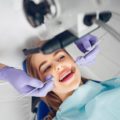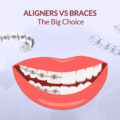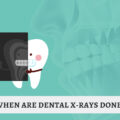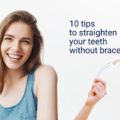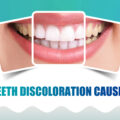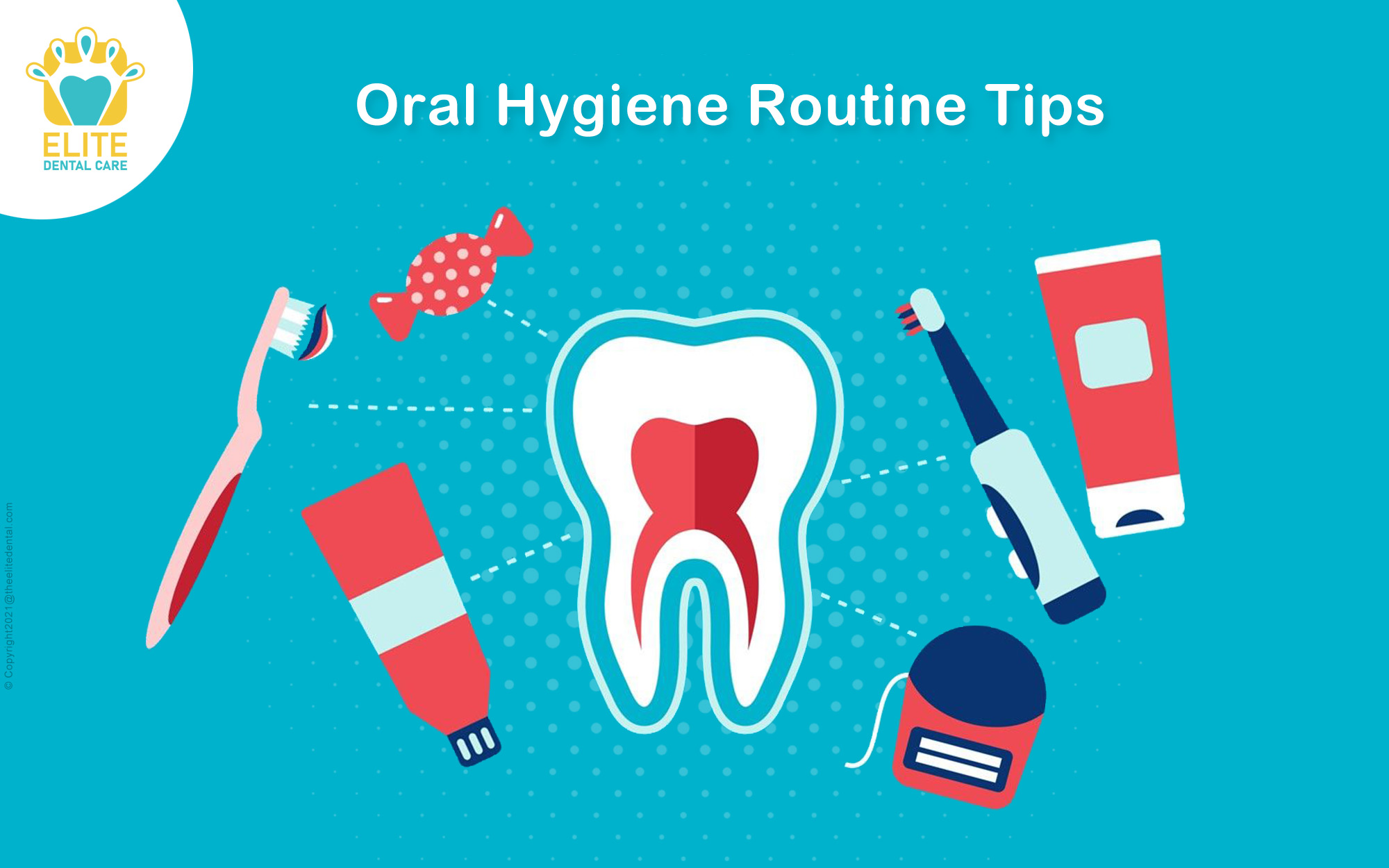
dental carehygiene tipsoral healthTeeth Whitening
edental
24 February 2022
Oral Hygiene Routine Tips
Do you believe you’re on a good track with your regular oral hygiene routine? Oral hygiene is essential for maintaining the health of one’s teeth and gums. It requires activities such as brushing two times a day and having frequent dental checkups. Oral health, on the other hand, includes more than simply tooth decay and gum disease. As per the studies, there is a connection between a person’s oral health and their overall wellness. Oral health issues, according to experts, are a global health concern.
Routine visits to your dentist are part of a good oral hygiene regimen, but you may also practise excellent habits in between appointments. There are various things you can do to maintain your teeth healthy and robust until your next dental check-up.
Oral hygiene, as you’ve probably heard, may have a significant influence on your overall well being. Gum disease, for example, has been related to a number of health problems, including heart problems, stroke, and diabetes. That is why it is critical to maintain good oral hygiene. However, merely brushing and flossing on time and seeing your dentist on a routine basis may not be enough. It is important to preserve your teeth from damage and to guarantee that no major oral health issues arise as a result of poor oral hygiene. Understanding how to properly guard and strengthen your teeth can help you maintain a healthy, wonderful smile at all times. Here are some suggestions for how your dental hygiene routines should be and what you can add into your routine to give your teeth and gums a boost when they need it the most.
Allow some time before brushing your teeth.
Do you begin your day with a glass of orange juice or a glass of lemon water? You should avoid cleaning your teeth for a few minutes thereafter. Foods and drinks with a low pH, or acidic foods, gradually weaken the enamel of the teeth. If you quickly wash your teeth, the motion may remove some of the enamel, leaving your teeth more prone to decay over time. So, if you’ve had citrus fruits and juices, tomatoes, soda, or alcohol, your best choice is to postpone brushing. According to one research, those who wait 30 minutes to an hour after consuming soda to brush their teeth had less damage on their teeth than those who cleaned immediately.
Replace your brush with a soft-bristled one.
You probably already know that you should replace your toothbrush every two to three months (or earlier if the bristles are damaged), but if you use a harsh brush, consider replacing it right away. Brushes with medium or firm bristles may look healthier, but they may be quite harsh and harmful to your teeth over time.
A soft-bristled brush would suffice for the majority of individuals. There’s no need to brush too aggressively. It’s bad for your gums and teeth. Rather, doctors recommend applying light pressure to the gum line, bending the brush at a 45-degree angle, and brushing in a brief, circular motion.
Begin brushing your teeth in the back.
This excellent practice may ensure that you do a better job cleaning those hard-to-reach regions, which is important because most of those nooks and corners in your molars make them more prone to gum disease and cavities.
Starting your brushing regimen in the back (at least occasionally) is a fantastic method to give the back of your mouth the care it needs.
Include Mouthwash and Gum in Your Daily Routine
You may think that brushing and flossing your teeth twice a day is adequate. However, rinsing with an antibiotic mouthwash, such as Listerine Antiseptic Mouthwash, thereafter will destroy more oral germs, assisting in the fight against plaque. Swish your mouth vigorously for 30 seconds after brushing and flossing twice a day.
Another suggestion is to chew gum. Sugar-free gum can help lower the amount of germs in your mouth while also stimulating salivary flow, which refreshes the teeth in calcium and phosphate ions, which help replace tooth enamel.
Consume less sweet and starchy foods.
Sugar consumption can result in cavities. Sugar continues to play a substantial influence in poor dental health outcomes, according to research. Candy and sweets are common offenders, but many packaged meals often include added sugar.
The WHO recommends that adults restrict their sugar intake to less than 10% of their daily calories. A comprehensive evaluation showed that decreasing this to 5% would reduce the incidence of cavities and other oral issues even more.
Starchy foods, such as biscuits, breads, fries, and noodles, have also been linked to dental decay, according to experts.
Examine your mouth on a regular basis.
Examine your entire mouth and teeth on a regular basis to become familiar with its appearances. This manner, you will be able to detect any changes early on and get them inspected by a dentist. Look for any spots, ulcers, wounds, inflammations, or growths on your gums, tongue, cheeks, inside of your lips, and the base and top of your mouth. Check your teeth for symptoms of chipping or cracking, discolouration, and looseness. If you notice any difference in your bite or feel pain, contact your dentist as quickly as possible. An oral checkup is especially crucial if you smoke since you are at a higher risk of acquiring mouth cancer.
Consume Teeth-Whitening Foods
It’s true: some meals can help maintain your white teeth, well, pearly.
Raw, gritty, fibrous foods like celery, cucumbers, apples, pears, carrots, and lettuce help exfoliate tooth surfaces and eliminate plaque, which can cause teeth to become yellow. Malic acid is found in strawberries. This acid is claimed to have bleaching characteristics, which might aid in the lightening of discolored teeth. Your teeth are protected by pellicle, which is a covering of salivary proteins. Your pellicle layer not only guards your teeth, but it also accumulates food pigments. Pineapple has the ability to dissolve pellicles naturally. Pineapple contains bromelain, a proteolytic enzyme. Furthermore, because these crunchy meals necessitate extra chewing time, they increase saliva, which aids in the neutralization of acids that might damage your teeth.
